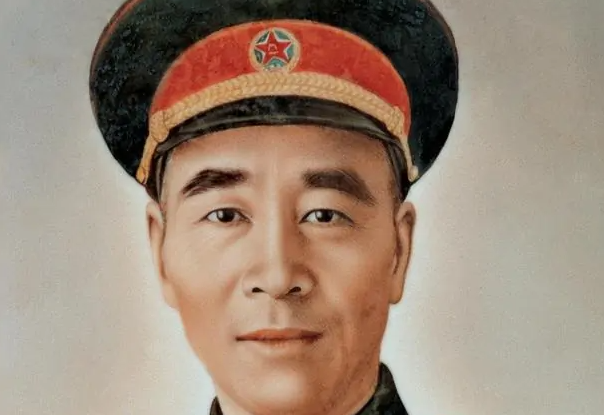Wang Jinxiu
Wang Jinxiu
Wang Jinxiu was born on May 24, 1900. He was born in Changsha, Hunan Province, and graduated from Changsha lecture hall, the first phase of Huangpu Military Academy and the 13th regular class of military university. He is a member of the Chinese Kuomintang.
Before liberation
After graduating from the military academy in November 1924, he successively served as the middle and lower level officers of the training regiment, the supplementary division and the 21st division of the military academy.
In May 1927, he was promoted to the rank of commander of the 61st regiment of the 21st division. He was promoted to captain of the 61st regiment in October.
On July 25, 1928, the 21st division was reduced to the 9th brigade of the 3rd Division and served as the captain of the 17th regiment.
In January 1929, he was transferred to the special party Department of the Central Military Academy. In September, he was promoted to Deputy Brigadier General of the 16th independent brigade.
In October 1930, the Du 16 brigade was expanded into the new 13th division, and was promoted to deputy division commander of major general and brigade commander of the 1st Brigade (the brigade governs the third regiment).
In July 1931, he was transferred to the post of deputy commander of major general of the 10th division and commander of the 30th brigade.
In May 1934, he was transferred to the post of Major General Commander of Fujian Minjiang police headquarters.
On April 16, 1935, he assumed the post of major general. He was transferred to the military Senate on September 19.
On September 20, 1937, he was transferred to the post of deputy commander of the 14th army.
In July 1938, he was transferred to deputy commander of the 93rd army.
On January 14, 1939, he concurrently served as the commander of the 10th division (the division governs two brigades).
On December 1, 1940, he was promoted to deputy commander in chief of the general guerrilla headquarters of the Hunan Hubei Jiangxi border region and commander of Southern Hubei.
In December 1941, the headquarters was reorganized into Xiang, e and Gan, and was promoted to General Commander.
In June 1942, he was transferred to commander of the Yuanling division.
In 1942, he served as deputy commander of Chongqing guard army.
In May 1943, he was transferred to the post of deputy commander of the 97th army and commander of Yuanling garrison.
In June 1945, he was transferred to the high rank of the general of the Military Commission.
In April 1946, he was transferred to the general team of the Central Training Corps.
In March 1948, he was transferred to the head of the 6th field inspection group (Xinyang) of the Ministry of national defense.
On September 22, 1948, Jin served as Lieutenant General of the army.
In April 1949, he was transferred to the post of deputy director of Changsha appeasement office and deputy commander of Hunan security command. In July, he was transferred to Deputy commander-in-chief of Hunan Provincial appeasement headquarters. On August 4, he took part in the Changsha peace uprising led by Cheng Qian and Chen Mingren, and later served as the commander of the 1st army of the 1st corps of the Chinese Kuomintang people's Liberation Army (under the jurisdiction of the 1st, 2nd and 3rd divisions). In November, the Department was reorganized into the 52nd army of the Chinese people's Liberation Army (under the jurisdiction of the 214, 215 and 216 divisions), and still served as the commander.
After liberation
After the founding of the people's Republic of China, it took part in suppressing bandits in Guangxi. He has successively served as a member of the provincial people's government, deputy commander of the 21st corps of the fourth field and commander of the 52nd army of the people's Liberation Army. On May 30, 1950, he committed suicide because he was criticized in Guilin, Guangxi.
Wang Jinxiu
Wang Jinxiu
-
Lin Biao
Lin Biao (December 5, 1907 - September 13, 1971), born in linjiadawan, Huanggang, Hubei Province, was a military strategist. His original name was Lin Zuoda, with the word Yangchun and the number Yurong; Formerly known as Yurong, Yurong, you Yong and Li J - Lin Biao
Views: 20 Time 2021-03-15

